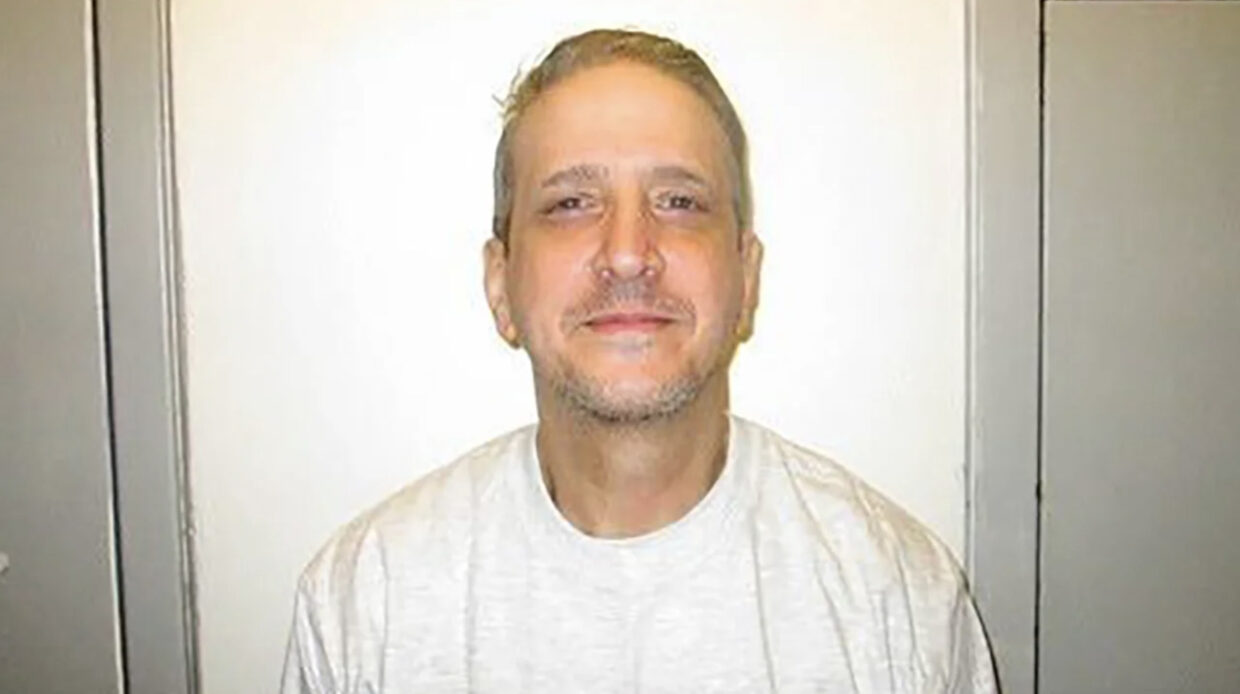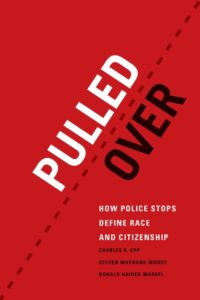
A horrendous Talmudic story tells of a wrongful conviction and its aftermath. Against the backdrop of the bitter civil conflict between the Phrarisees and the Sadducees,[1] Rabbi Yehuda ben Tabbai, who was President of the Sanhedrin, looked to score a political point by sentencing a conspiring false witness from the rivaling faction to death. It turns out, however, that he was mistaken, and his Sanhedrin counterpart, chief justice Shimon ben Shatah, quoted the appropriate rule:
Conspiring witnesses are not executed unless they are both found to be conspirators; if only one is found to be a conspirator, he is not executed. And they are not flogged if they are liable to such a penalty, unless they are both found to be conspirators. And if they testified falsely that someone owed money, they do not pay money unless they are both found to be conspirators.
Hagiga 16:2
But it was too late; the witness had already been executed. Rabbi Yehuda admitted his mistake and would never again rule on a legal point except in the presence of Shimon ben Shatah. Some sources claim that he consequently yielded his Presidency of the Sanhedrin. And his remorse was grave:
All of Yehuda ben Tabbai’s days, he would prostrate himself on the grave of that executed individual, to request forgiveness, and his voice was heard weeping. The people thought that it was the voice of that executed person, rising from his grave. Yehuda ben Tabbai said to them: It is my voice, and you shall know that it is so, for tomorrow, [i.e., sometime in the future,] I will die, and my voice will no longer be heard.
Hagiga 16:2
Looks like folks on the Oklahoma Court of Criminal Appeals [2] could take a page off Yehuda ben Tabbai’s book. My colleague Roy Peled just sent me the astonishing news that Richard Glossip–yes, the petitioner in Glossip v. Gross whose petition against the use of midazolam was rejected by the Supreme Court–has just had his execution halted. The CNN story exposed me to something I had not realized when reading the SCOTUS case: Glossip is widely believed to be innocent and Oklahoma’s Attorney General, who reviewed the case, does not stand behind the conviction. Here’s more on this (the italics are mine):
The latest round of litigation was brought to the Supreme Court by Glossip, with the support of the Oklahoma Attorney’s General office, who asked for his May 18 execution to be set aside.
The emergency hold on his execution will stay in place while the justices consider his request that they formally take up his case.
Glossip has maintained his innocence, having been convicted in 1998 of capital murder for ordering the killing of his boss.
A review launched by Oklahoma Republican attorney general found that prosecutors had failed to disclose evidence to Glossip that they were obligated to produce and that the evidence showed that the prosecutors’ key witness – the supposed accomplice of Glossip’s who committed the murder – had given false testimony.
Despite Oklahoma’s assertions that it could no longer stand by Glossip’s conviction, the Oklahoma Court of Criminal Appeal declined Glossip’s request that his execution be halted.
In their filings with the US Supreme Court, Glossip’s attorneys argued that – in addition to the obviously irreparable harm he would suffer if the execution moves forward – Oklahoma “will also suffer harm from its Department of Corrections executing a person whom the State has concluded should never have been convicted of murder, let alone sentenced to die, in the first place.”
Query: how is it possible that, despite the state’s inability to stand by the conviction, Oklahoma’s supreme appellate instance thinks that executing Glossip is fine?
Answer (via the Associated Press): Glossip’s case “has been thoroughly investigated and reviewed,” with Glossip given “unprecedented access” to prosecutors’ files, “Yet he has not provided this court with sufficient information that would convince this court to overturn the jury’s determination that he is guilty of first-degree murder and should be sentenced to death,” according to the ruling written by Judge David Lewis.
So much to be amazed at here, not the least of which is that the issue of Glossip’s actual innocence didn’t quite come up in Glossip v. Gross. There, just a brief time after midazolam played a horrendous part in the botched execution of Clayton Lockett, Justice Alito saw no problem with continuing to use it in Oklahoma executions, because Glossip couldn’t show that Oklahoma had a better option that midazolam (what kind of an argument is that? Is he a chemist? And anyway, do you know what’s better than midazolam? Death penalty abolition, that’s what). But at no point did the decision venture into actual innocence territory, which makes me wonder: would SCOTUS be less tolerant of midazolam if they were aware that Oklahoma’s top prosecutor is unwilling to stand by Glossip’s conviction? Not that questions of humane execution should be decided on the basis of innocence or guilt, but looking at this from the perspective of death penalty supporters who believe it is administered fairly, wouldn’t a credible wrongful conviction claim give you pause? Not even a bit?
Then there’s Oklahoma’s Criminal Court of Appeals, which seems unperturbed by a conviction that the state itself finds worrisome enough to disavow. Is finality really that important?
Let’s keep tabs on this case as it progresses.
[1] At some point I’ll write more about this bitter conflict – I’m reading Flavius Josephus’ commentary on the last days of Judah, and finding it an astute, sobering analysis of social movements, civil conflict, mainstream/radicalism discord, and the destructive force of church/state disputes.
[2] Oklahoma is unique in that its Court of Last Resort is split into two courts: the Oklahoma Supreme Court handles civil appeals, and the Oklahoma Court of Appeals handles appeals from the District Courts. For more, see here.




No comment yet, add your voice below!